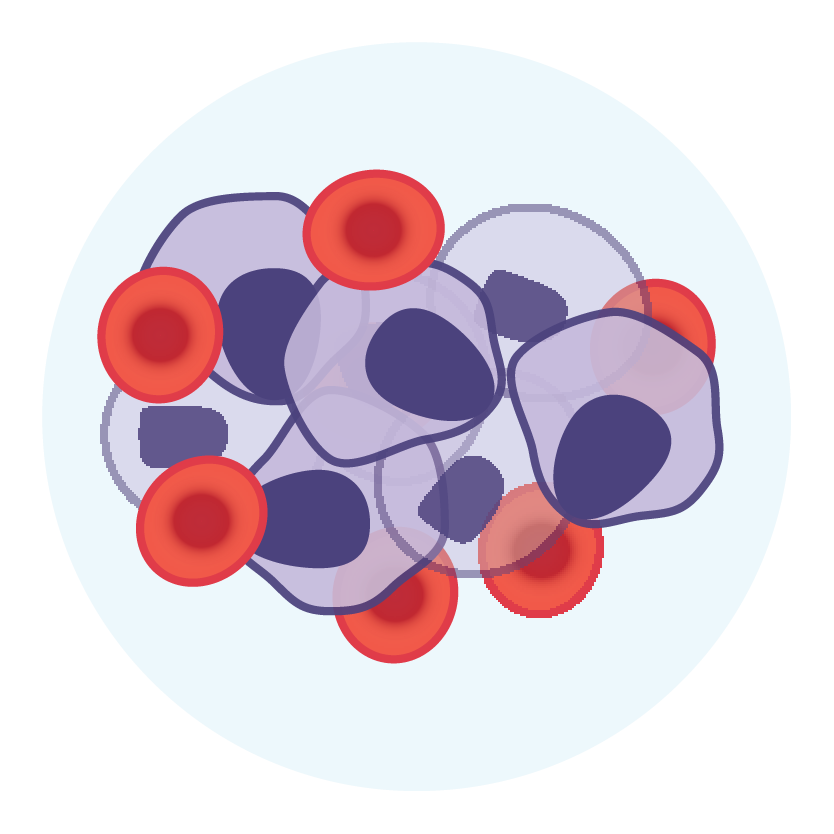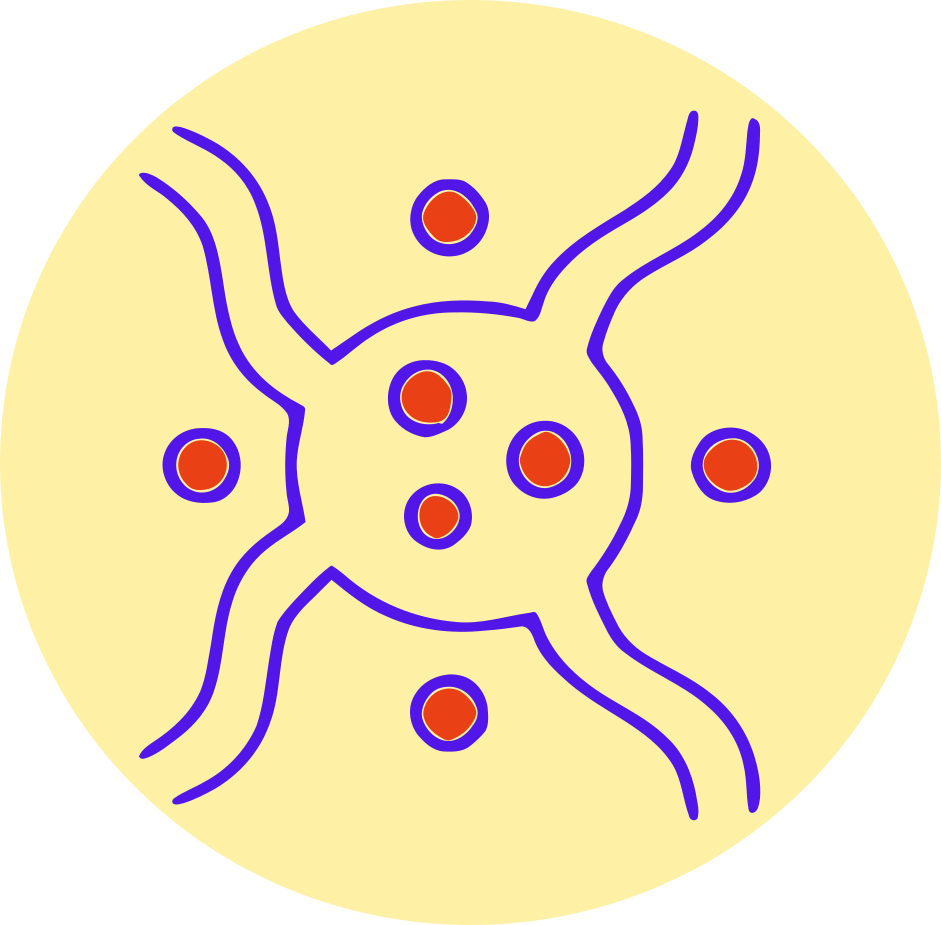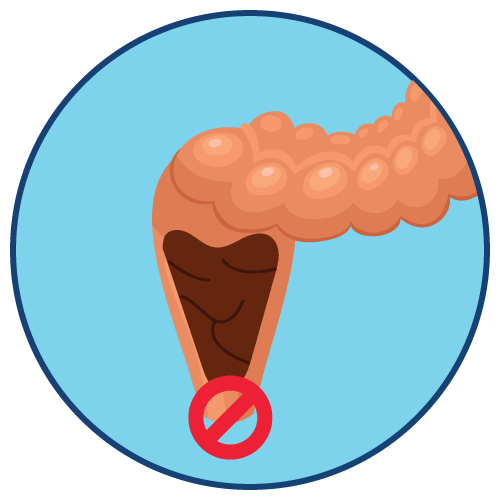| Name | Bendamustine Hydrochloride |
| Classes |
Anticancer/Antineoplastic Agent Alkylating Agent |
| Diseases |
Cancer Hodgkin Lymphoma Leukemia |
Bendamustine Hydrochloride
Bendamustine is an antineoplastic agent. It is a bifunctional mechlorethamine derivative containing a purine-like benzimidazole ring. Bendamustine forms electrophilic alkyl groups. These groups form covalent bonds with electron-rich nucleophilic moieties, such as guanine bases, resulting in interstrand DNA crosslinks. The bifunctional covalent linkage can lead to cell death via several pathways. Bendamustine is active against both quiescent and dividing cells.
Bendamustine for Injection is indicated for treatment of patients with:
- Chronic lymphocytic leukemia (CLL).
- Indolent B-cell non-Hodgkin’s lymphoma (NHL) that has progressed during or within six months of treatment with rituximab or a rituximab containing regimen.
For Chronic Lymphocytic Leukemia:
- 100 mg/m2 infused intravenously over 30 minutes on Days 1 and 2 of a 28 day cycle, up to 6 cycles
- Dose modifications for hematologic toxicity: for Grade 3 or greater toxicity, reduce dose to 50 mg/m2 on Days 1 and 2; if Grade 3 or greater toxicity recurs, reduce dose to 25 mg/m2 on Days 1 and 2.
- Dose modifications for non-hematologic toxicity: for clinically significant Grade 3 or greater toxicity, reduce the dose to 50 mg/m2 on Days 1 and 2 of each cycle.
- Dose re-escalation may be considered.
For Non Hodgkin's Lymphoma:
- 120 mg/m2 infused intravenously over 60 minutes on Days 1 and 2 of a 21 day cycle, up to 8 cycles
- Dose modifications for hematologic toxicity: for Grade 4 toxicity, reduce the dose to 90 mg/m2 on Days 1 and 2 of each cycle; if Grade 4 toxicity recurs, reduce the dose to 60 mg/m2 on Days 1 and 2 of each cycle.
- Dose modifications for non-hematologic toxicity: for Grade 3 or greater toxicity, reduce the dose to 90 mg/m2 on Days 1 and 2 of each cycle; if Grade 3 or greater toxicity recurs, reduce the dose to 60 mg/m2 on Days 1 and 2 of each cycle.
General Dosing Considerations:
- Delay treatment for Grade 4 hematologic toxicity or clinically significant ≥ Grade 2 non-hematologic toxicity.
- Bendamustine for Injection must be reconstituted and further diluted prior to infusion.
- Myelosuppression: Treatment should be postponed or dose reduced if necessary. Based on absolute neutrophil count and platelet count recovery, closely monitor and restart treatment. Myelosuppression complications can be fatal.
- Infections: Patient should be observed for fever and other signs of infection and should be treated promptly.
- Infusion Reactions and Anaphylaxis: Anaphylactic reactions have been severe. If there are severe reactions, the drug should be discontinued. Inquire with patients about their reactions following the first cycle. Consider pre-treatment for subsequent cycles after milder reactions.
- Tumor Lysis Syndrome: Acute renal failure and death are possible outcomes. Precautions should be taken in patients who are at high risk.
- Discontinue for severe skin reactions: In the event of severe skin reactions, discontinue use.
- Use in Pregnancy: Fetal harm can occur when administered to a pregnant woman. Women should be advised to avoid becoming pregnant when receiving Bendamustine.
Contraindication
Contraindicated in patients with known hypersensitivity to bendamustine or mannitol.
None known.
Bendamustine is contraindicated in pregnancy.
 Bangla
Bangla English
English







